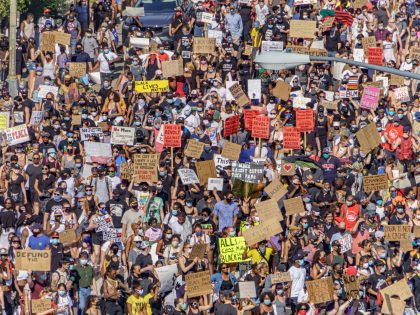
Underground politics under Senghor
In the 1970s, young left-wing activists fought clandestinely for Senegal’s democratization under Senghor’s brutal regime.

In the 1970s, young left-wing activists fought clandestinely for Senegal’s democratization under Senghor’s brutal regime.

This week on the Africa Is a Country podcast, we discuss the politics and spectacle of African football with Maher Mezahi.

The last decade saw the most protests in human history. But how is it that so many uprisings led to the opposite of what they asked for?

In the context of climate apartheid, a new scramble for resources, and debt crises, the Global South must find another way to be human.

Small scale farmers in Tunisia are caught between international actors and a domestic policy that protects corporations.

Although visibility is important, contemporary queer African literature reveals how easily representation privileges narratives of the resourceful and upwardly mobile.

The predatory tech giant is at the center of a heritage site land grab, pitting indigenous and environmental activists against city authorities.

Somalia’s political landscape is increasingly fragmented due to regional and clan differences. Is this the end of the centralized state and a unified, national identity?

While Ethiopia’s leaders chase shiny new projects that are grand monuments to themselves and modernity, they ignore the country’s rich, natural heritage.

Frustrated by most of his contemporaries, but supported by like-minded friends, Zimbabwean author Dambudzo Marechera forever changed our notion of what African literature is.

How a new underground club in Nairobi offers Kenyans respite from the harshness of everyday life.

France is not a new problem for Africa. Since the 19th century, it has stood in the way of the continent’s self-determination.